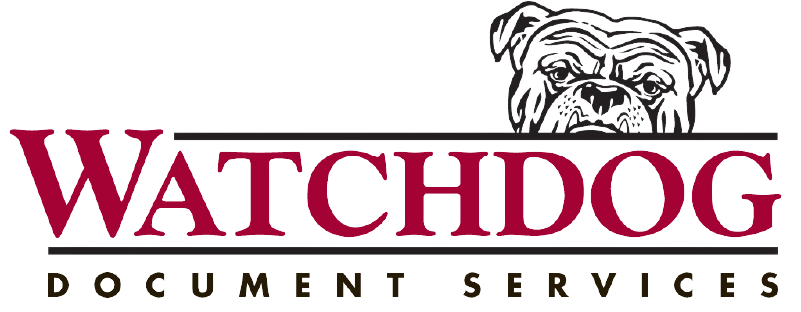Data breaches and information thefts are a constant threat, making scheduled shredding an essential practice for businesses to safeguard sensitive information. As hackers and fraudsters continuously adapt their tactics, a robust data protection strategy, which includes regular document destruction, has transitioned from a good-to-have business practice to an absolute necessity. For business owners, mastering the art of scheduled shredding can not only prevent costly data leaks but can also improve organizational efficiency and assure customer trust. In this blog post, we will take an in-depth look at what scheduled shredding is, why it matters, and how businesses can implement it.
Understanding the Basics of Scheduled Shredding
When we talk about “scheduled shredding,” we’re discussing a proactive approach to document management that involves the regular destruction of sensitive paperwork. This process typically follows a predetermined schedule, ensuring that no sensitive information is overlooked or left exposed. Scheduled shredding services often work with businesses to create a tailored plan that meets their specific needs, from the frequency of service to the type of documents being shredded.
The Crucial Role in Your Business Strategy
Scheduled shredding is far more than just tidying up the office — it’s a strategic element in your company’s information security posture. By setting a schedule for shredding, you are continually clearing out unnecessary documents, reducing the risk of information being compromised. This proactive measure helps keep your business compliant with data protection regulations and can significantly reduce your vulnerability to data breaches.
The Green Angle: Sustainability in Business Practices
Aside from the security benefits, scheduled shredding aligns with modern businesses’ growing emphasis on sustainability. The destruction of paper documents through shredding, when executed by a reputable service, involves recycling the paper once it’s been destroyed. This contributes to a sustainable, eco-friendly business model that respects the environment while maintaining data security.
Key Considerations for Scheduled Shredding
As a business owner, you must carefully consider several factors when implementing a scheduled shredding program. These considerations include the types of documents to shred, the regulatory landscape, and the trustworthiness of the shredding service you choose.
Types of Documents to Include in Scheduled Shredding
Not all papers are equal when it comes to data security. Financial records, legal documents, and any files containing personal data should always be included in your shredding schedule. However, clear guidelines are essential to ensure all employees understand which materials should be shredded and which can be recycled or otherwise disposed of.
Legal Requirements and Compliance
Each industry operates within a unique legal and regulatory framework regarding data protection. Understanding these requirements is paramount. Compliance with laws such as the General Data Protection Regulation (GDPR) and the Health Insurance Portability and Accountability Act (HIPAA) should influence your shredding policies and practices.
Choosing a Reliable Shredding Service Provider
Selecting a reliable shredding service provider is not a task to be taken lightly. Researching potential candidates thoroughly, checking for NAID (National Association for Information Destruction) certification, and understanding the service-level agreements are critical steps in ensuring your chosen provider can be trusted with your business’s sensitive documents.
Implementing Scheduled Shredding in Your Business
Once you’ve grasped the importance and addressed the key considerations, it’s time to roll out the scheduled shredding program in your business. This section delves into the practical steps you should take to establish an effective program.
Establishing Your Shredding Schedule
The first step is to determine how often your business generates sensitive documents that need to be shredded. This frequency can vary widely depending on the nature of your business and the volume of paperwork involved. A shredding specialist can help you decide on a schedule that balances the need for security against operational practicality.
Staff Training and Awareness
Your scheduled shredding program can only be as effective as the understanding and compliance of your staff. Proper training is crucial, not just for operational efficiency but also to ensure that sensitive information doesn’t get mistakenly discarded instead of shredded.
Enhancing Document Management Systems
For scheduled shredding to work seamlessly, your business should have clear document management systems in place. This may involve digital archiving, document retention policies, and other practices that help keep track of which documents need to be kept and which should be slated for shredding.
Embracing Scheduled Shredding as a Business Imperative
Embracing the practice of scheduled shredding is an acknowledgment of the critical role that data security plays in modern business. By implementing a structured shredding program, business owners can prevent data breaches, demonstrate compliance with regulations, and underscore their commitment to customer privacy and trust. It’s not just a question of whether a business should adopt a scheduled shredding program but rather when. When that time arrives, trust in a reputable shredding service like Watchdog Document Services can turn a necessary process into a streamlined, secure, and worry-free business function.
Contact us today to learn more about how we can help you safeguard your business through scheduled shredding. Let’s work together to protect your sensitive information and uphold your company’s integrity. Keep your documents safe, secure, and sustainable with Watchdog Document Services!

